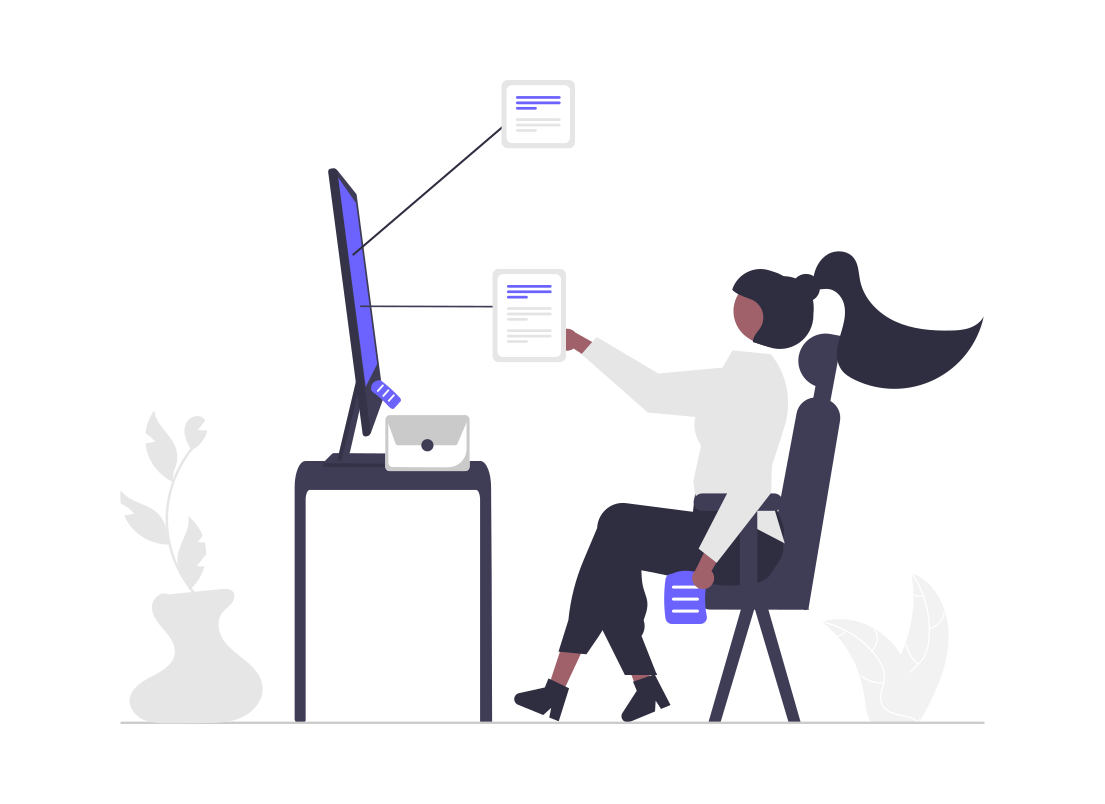The question of whether AI can generate "original thought" touches on deep philosophical and scientific concepts about intelligence, creativity, and what it means to be truly original. To answer this, we must first explore what constitutes original thought and how it applies to both humans and machines.
What is "Original Thought"?
The idea of original thought implies the creation of something entirely new—an idea, concept, or solution that has never existed before. However, originality may not be as clear-cut as we think:
- Human Perspective: Human thoughts are shaped by experiences, education, culture, and the data we've consumed over a lifetime. Even our most innovative ideas often build on preexisting knowledge, recombining and reinterpreting it in novel ways.
- AI Perspective: AI is trained on vast datasets that include human-generated information. It, too, combines and synthesizes this knowledge to produce outputs. The key question is whether the outputs are simply derivative or if they rise to the level of innovation.
Can AI Be "Original"?
AI's Current Capabilities
AI excels at pattern recognition and synthesis. For example:
- Creativity in Art: AI can create paintings, music, and poetry that some may find indistinguishable from human creations.
- Problem-Solving: AI models have proposed solutions to scientific problems, such as protein folding, faster than humans.
- Invention: AI has contributed to patentable inventions, such as novel chemical compounds or new algorithms.
In these examples, AI's outputs can seem original, but are they truly so? Critics argue that AI is simply remixing and extrapolating from its training data. However, isn’t that what humans do as well?
Limitations of AI Originality
- Contextual Understanding: While AI can mimic creativity, it lacks lived experiences, emotions, and personal context, which are often essential to human originality.
- Purpose and Intention: Human originality is often driven by a need to solve problems or express something deeply personal. AI, by contrast, acts without intrinsic purpose, responding only to prompts and objectives defined by humans.
Could AI Be the Next Einstein, Newton, or Aristotle?
The great thinkers of history—Einstein, Newton, Aristotle, and others—did more than produce novel ideas. They reframed the way we understand the world. Could AI achieve this level of paradigm-shifting thought?
- The Case For:
AI is being trained on exponentially more data than any human could consume in a lifetime. It has the potential to identify patterns, relationships, and hypotheses that are beyond human cognition. AI might one day revolutionize fields such as physics, economics, or philosophy.
- The Case Against:
Great thinkers are not just repositories of knowledge but interpreters of experience, context, and emotion. These human qualities are not easily replicable in AI, which might limit its ability to fully replace human ingenuity.
The Evolutionary Lens: Humans vs. AI
Humans are the product of millions of years of evolution, fine-tuned to survive, adapt, and innovate. AI, in comparison, has existed for mere decades, yet its rate of progress is extraordinary. While humans have an evolutionary head start, AI's development accelerates exponentially.
- Human Advantage: Experience, empathy, and abstract reasoning grounded in reality.
- AI Advantage: Speed, scalability, and the ability to process unfathomable amounts of information.
In a sense, AI and humanity are not competing in the same race but complementing one another. AI can augment human creativity and problem-solving, potentially propelling us to new heights.
The Hybrid Future: Humans + AI
Perhaps the question isn’t whether AI can be original, but how humans and AI can work together to achieve originality. By leveraging AI’s computational power and combining it with human intuition and experience, we might unlock new realms of discovery and creativity.
- Augmenting Creativity: AI CoPilots and Agents can assist humans in brainstorming, generating ideas, and exploring new directions.
- Driving Innovation: AI can analyze data and suggest novel insights, while humans provide context and purpose.
Conclusion
Can AI generate original thought? The answer depends on how we define originality. AI is already producing outputs that seem innovative, but it lacks the depth of experience, emotion, and intention that defines human creativity. That said, the combination of human ingenuity and AI’s computational capabilities could redefine what we consider original thought.
Perhaps the question isn’t whether AI can match Einstein or Aristotle, but whether it can help us unlock the next Einstein-level breakthrough.


